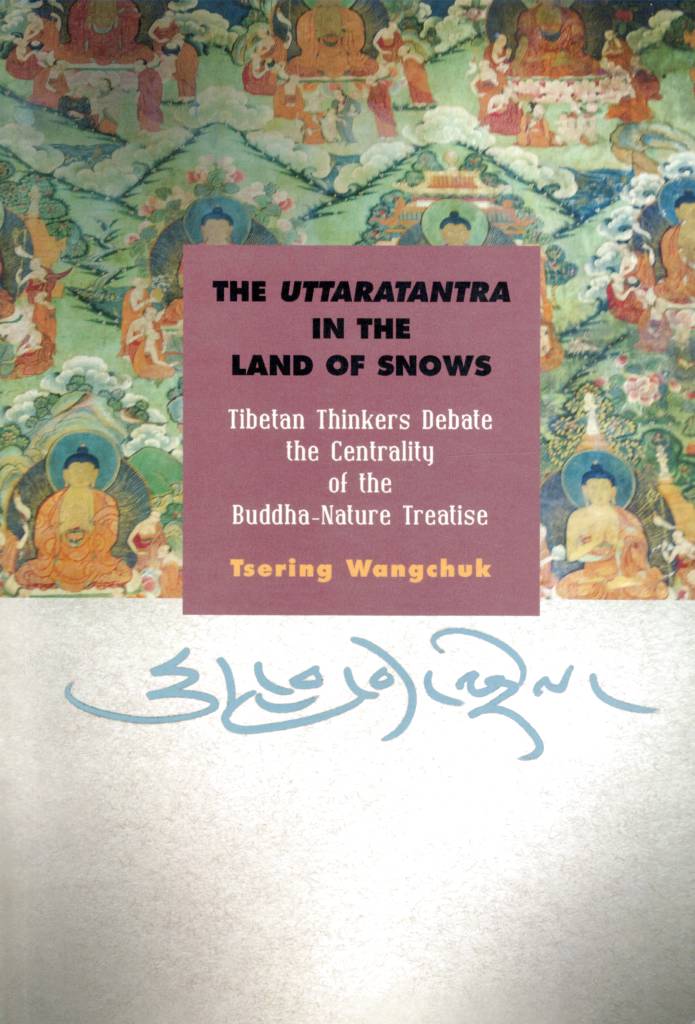((by SublimeText.Mediawiker)) |
((by SublimeText.Mediawiker)) |
||
| Line 60: | Line 60: | ||
==Traditional Study of the Source Texts== | ==Traditional Study of the Source Texts== | ||
{{CustomTile | <h3 class="d-none">Study the Ratnagotravibhāga</h3>{{CustomTile | ||
|wrapperClasses= | |wrapperClasses= | ||
|link=Ratnagotravibhāga_Mahāyānottaratantraśāstra | |link=Ratnagotravibhāga_Mahāyānottaratantraśāstra | ||
Revision as of 22:24, 7 October 2018
Study Groups
Study Groups are facilitated meeting groups that meet regularly online, or in person, or both. They are one of the ways to learn more about buddha-nature while connecting with others interested in similar topics, and often learning from specialists, authors, and dharma teachers about subjects that interest you. Learn more about the groups meeting around the world in the sections below.
- Want to read a short article? Click here...
- Want to read a whole book? Click here...
- Want to study the source texts? Click here...
Connect
Article Study Group: Buddha-Nature
Discuss a long-read article with like-minded individuals and learn more about the philosophy of buddha-nature. The article study group will meet regularly online to discuss an article chosen by the group and facilitators at the end of the previous meeting.
Now Reading: Article Study Group 1: Philosophy[edit]
Beginning January 7th, 2019 - Sign Up Here
Abstract
Klaus-Dieter Mathes' article "The Eighth Karmapa Mi bskyod rdo rje (1507-1554) on the Relation between Buddha Nature and its Adventitious Stains" addresses the debate over whether buddha-nature is fundamentally different from saṃsāric existence. Mathes compares the Eighth Karmapa's positions to those of Go Lotsāwa and mainstream Jonang. Mathes argues that although the Eighth Karmapa's views changed over time, he consistently took the position that the stains are fundamentally separate from buddha-nature, and that buddha-nature is not primordially present but exists only in potentiality.
According to the Eighth Karmapa, Go Lotsāwa depicted buddha-nature and the adventitious stains as not separate, likening the two to the ocean and waves. This is the view that buddha-nature is present in the stains; even the pollution of saṃsāric existence is pervaded with buddha-nature. Metaphors from the Tathāgatagarbhasūtra that support this position include the lotus that grows in mud and the sprout of a seed. Dolpopa argued the opposite position, that buddha-nature and the stains are fundamentally separate, like a golden statue covered in excrement, another of the Tathāgatagarbhasūtra metaphors.
Book Clubs[edit]
Now Reading: The Uttaratantra in the Land of Snows by Tsering Wangchuk
Lisez le commentaire de Kongtrul sur l’Uttaratantra avec Christian Charrier[edit]
L’Inattaquable Rugissement du Lion
Lire avec le traducteur principal Christian Charrier pour des réunions hebdomadaires pour discuter du commentaire de Jamgon Kongtrul sur l'Uttaratantrashastra.
(Read with master translator Christian Charrier for weekly meetings to discuss Jamgon Kongtrul's commentary on the Uttaratantrashastra.)
Traditional Study of the Source Texts[edit]
Study the Ratnagotravibhāga
- Links to Three Trainings: Study section
- Lama Tenpa in Boulder in 2019
- Karmapa?
- Others?

